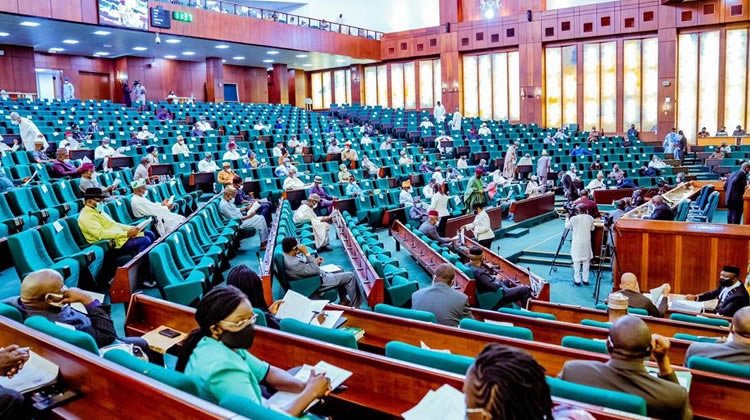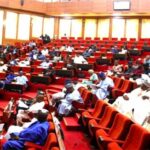
Speaker of the House, Femi Gbajabiamila, is to set up an ‘Ad Hoc Committee to Investigate the Petroleum Products Subsidy regime from 2017 to 2021,’ which is to report back to the House within eight weeks for further legislative action.
The probe is based on a motion titled ‘Need to Investigate the Petroleum Products Subsidy Regime in Nigeria from 2017 to 2021,’ which a member of the House, Sergius Ogun, moved at the plenary on Wednesday and the lawmakers unanimously adopted.
Ogun noted that Section 88 (1) and (2) of the 1999 Constitution empowers the National Assembly to conduct investigations into the activities of any authority executing or administering laws made by the National Assembly.
He also noted that Section 32 of the Petroleum Industry Act, 2021, saddles the Petroleum Midstream and Downstream Regulatory Authority with regulating and monitoring technical and commercial midstream and downstream petroleum operations in Nigeria.
The lawmaker said as of 2002, the Nigerian National Petroleum Corporation’s purchase of crude oil at international market prices stood at 445,000 barrels per day in order to enable it to provide petroleum products for local consumption;
“The House is concerned that as of 2002, the installed capacity of Nigeria’s local refineries stood at 445,000 barrels per day, however, their capacity utilisation began to nosedive and eventually fell completely to zero due to the ineffectiveness and alleged corruption of critical stakeholders in the value chain,” he said.
Ogun explained that due to the decline in the production capacity of the refineries, the NNPC, now Nigerian National Petroleum Company Limited, found it more convenient to export domestic crude in exchange for petroleum products on a trade-by-barter basis, described as Direct Sales Direct Purchase arrangement.
The lawmaker pointed out that the component costs in the petroleum products subsidy value chain claimed by the NNPC is “highly over-bloated,” while the transfer pump price per litre used by the NNPC in relation to PPMC is under quoted as N123-N128, instead of N162-N165, “and this fraudulent under-reporting of N37-N39 per litre translates into over N70bn a month or N840bn a year.”
He said, “The House is worried that the consumption rate of PMS is 40million to 45million litres per day. However, the NNPC uses 65 million to 100 million litres per day to determine subsidy as discoverable from NNPC’s monthly reports to the Federal Allocation Committee.
“The House is also worried that the NNPC and other critical stakeholders have unscrupulously used the subsidy regime to subvert the nation’s crude oil revenue to the tune of over $10bn, with records showing that as at 2021, over $7bn in over 120 million barrels have been so diverted.
“The House is disturbed that there exists evidence that subsidy amounts are being duplicated, thus subsidy is charged against petroleum products sales in the books of NNPC as well as against crude oil revenue in the books of NAPIMS to the tune of over N2tn.”




